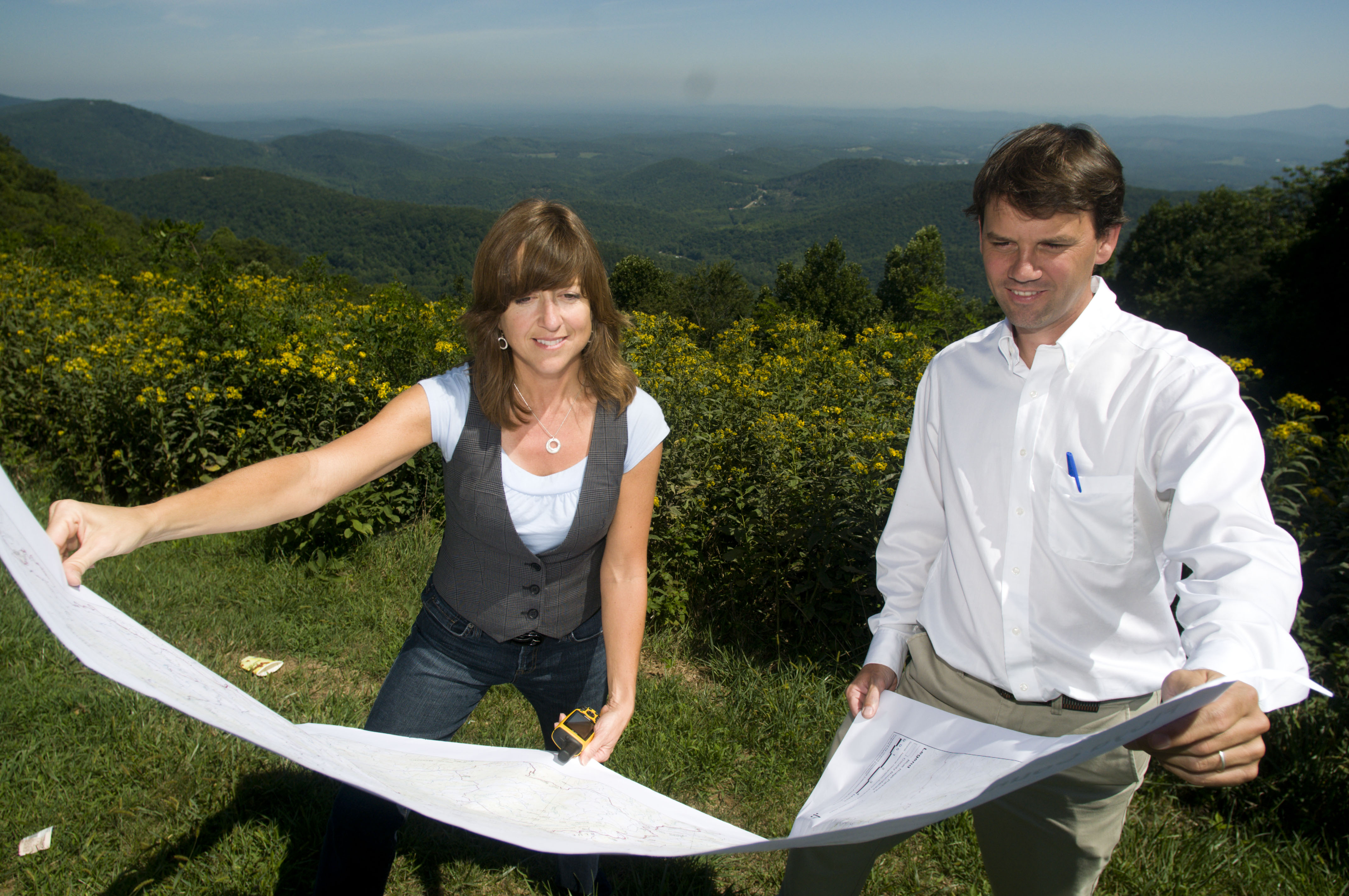Recession no damper on Americans' vacation travel plans

The recession is apparently not deflecting consumers' vacation travel plans this year, according to findings from a national study conducted recently by a research team led by Nancy McGehee, associate professor of hospitality and tourism management at Virginia Tech's Pamplin College of Business.
Survey respondents were asked how the current economic situation might affect their likelihood to travel for pleasure in general this year. Nearly half — 49.4 percent — reported that the economy would have no impact, while 35 percent indicated they would be less likely to travel. The remainder — more than 15 percent — reported that they would be more likely to travel.
“An interesting trend seemed to emerge,” McGehee said, when respondents were asked why. “Those who reported no impact explained that their travel experiences were very important to them, and many other luxuries would be foregone before they would give up those plans. Of those who reported that they were more likely to travel, several indicated that they were on fixed incomes and that low gas prices and bargains currently available in the travel industry were to their benefit.”
Respondents who indicated no change in their travel plans were evenly split along gender lines, she said. “However, many more women than men — 58 percent women versus 42 percent men — reported that they would be less likely to travel due the economy.” The survey was sent to 2,500 people in 48 states. Responses were received from more than 800 people in 44 states, resulting in a 32 percent response rate.
The travel survey is part of a larger study on sustainable tourism that McGehee and her fellow researchers are conducting for the National Park Service. McGehee’s co-researchers on the project are John McGee, a geospatial extension specialist at Virginia Tech’s Department of Forest Resources and Environmental Conservation, and Jeff Hallo, Cari Goetcheus, and William Norman, all of Clemson University. "This has been a collaborative project," McGee noted, "involving tourists, community members, government officials, educators, researchers, and other stakeholders."




